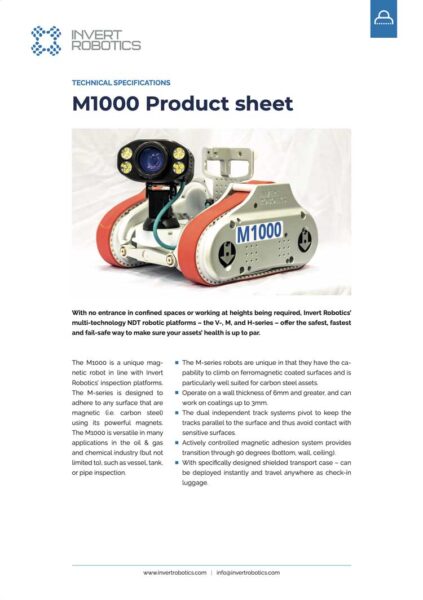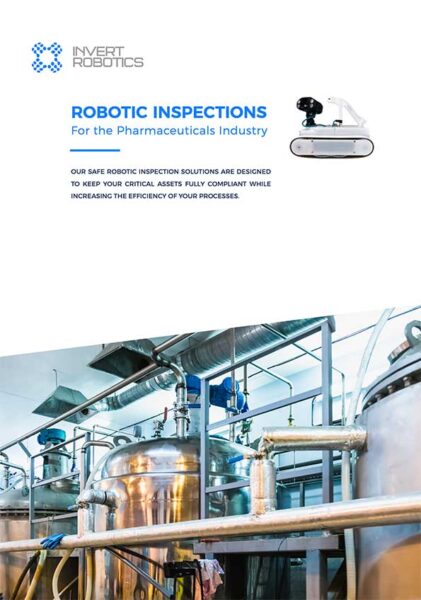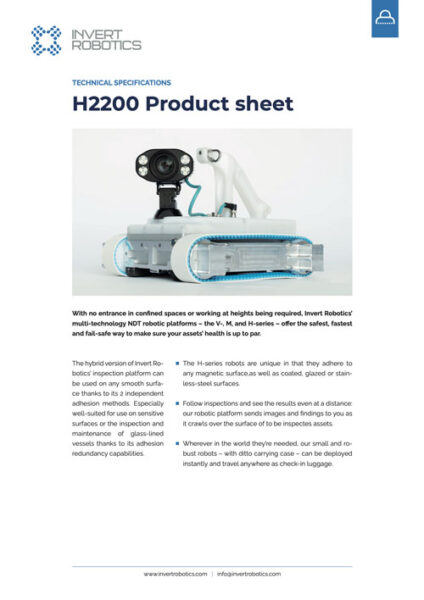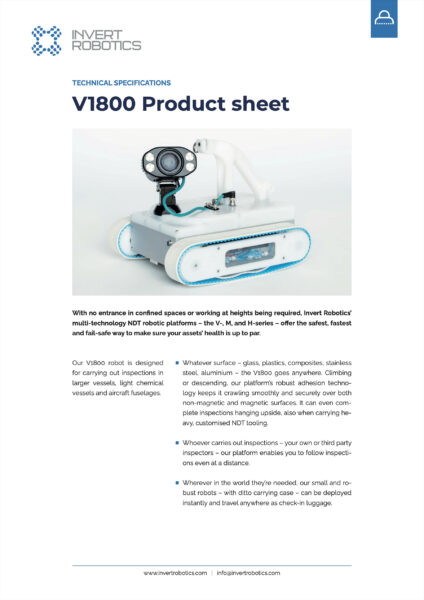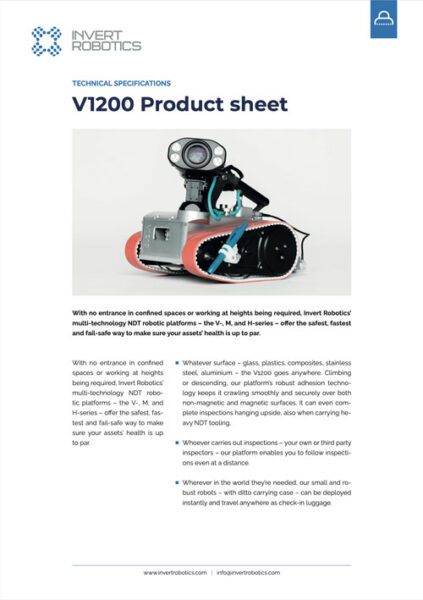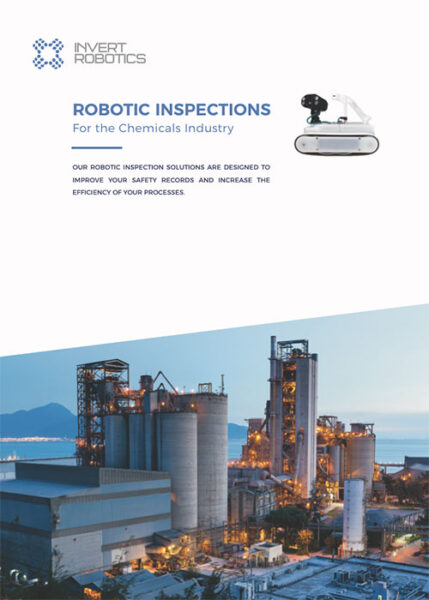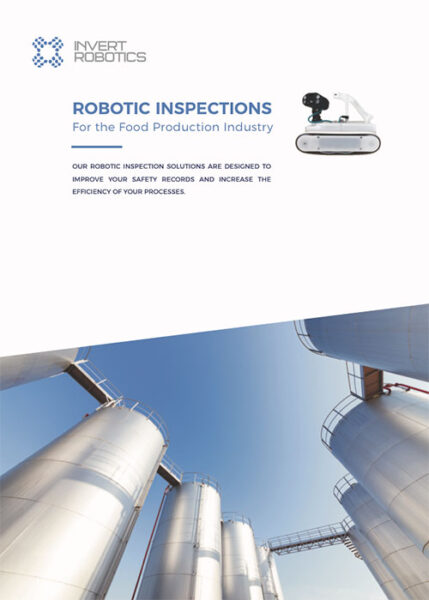The technology behind Invert Robotics’ original robot ‘Alfie’ was recognised as life-saving and will keep more workers safe
A kiwi-developed mobile climbing robot has captured the imagination of two global leading multinationals with its ability to reduce the number of confined space entries by workers and thereby the risk of serious injuries and potentially deaths.
The technology behind Invert Robotics’ original robot ‘Alfie’ was recognised as life-saving and will keep more workers safe from the need to enter confined spaces, such as in the industrial chemical and energy sectors, when undertaking critical equipment inspections.
As a company, Invert Robotics has moved from the start-up to rapid growth stage largely due to its safety and efficiency benefits demonstrated through its European and Australasian client base in the dairy and food and beverage processing industries.
“Robotic devices prevent worker injury and death, often caused when workers enter a confined space and are overcome by carbon dioxide asphyxiation or inhalation of other hazardous gases,” said Invert Robotics’ Managing Director, Neil Fletcher.
“The Invert Robotic team is dedicated to developing technology that will change the future of inspections in confined spaces. With no need for scaffolding or workers in safety equipment, Invert Robotics now offers its service worldwide in order to reduce this type of serious workplace risk.”
“Our ultimate goal is to eliminate the need for people to ever have to enter any confined spaces,” Fletcher said.
The company’s non-destructive inspection services enable precise and accurate remote inspection of non-ferromagnetic surfaces such as stainless steel, carbon fibre, aluminium and glass. The patented robots are installed with high definition cameras and sensor technology to allow for equipment to be assessed for maintenance and for preventative analysis on a remote basis.
Inspectors are fed real-time video during the inspection that allows for immediate and highly accurate analysis.
“By using mobile robot innovation we can remotely inspect industrial equipment such as the enormous tanks used extensively by manufacturers and processors, and remove the risks of climbing and scaffolding,” Fletcher said.
“Having already demonstrated our technology in the dairy and food and beverage processing sector, Invert Robotics’ future growth, especially with this further support by AkzoNobel and KPMG, is firmly targeted on the industrial chemical and oil and gas markets in Europe and Australasia.” AkzoNobel Specialty Chemicals, which annually generates revenues of €9.6 billion, launched the world-wide Imagine Chemistry initiative to help solve real-life chemistry-related challenges and uncover sustainable business opportunities. Winners receive support to develop their products further and benefit from the international expertise and client networks of AkzoNobel and its management consultant partner KPMG. To learn more about the world-wide Imagine Chemistry initiave, watch the video

